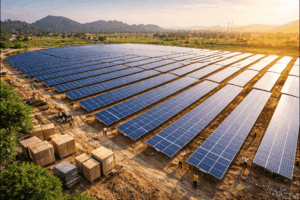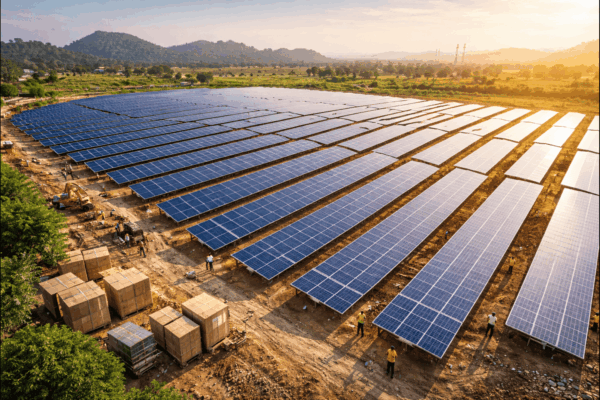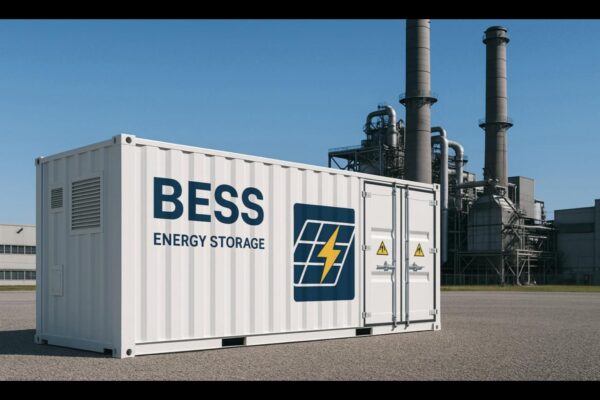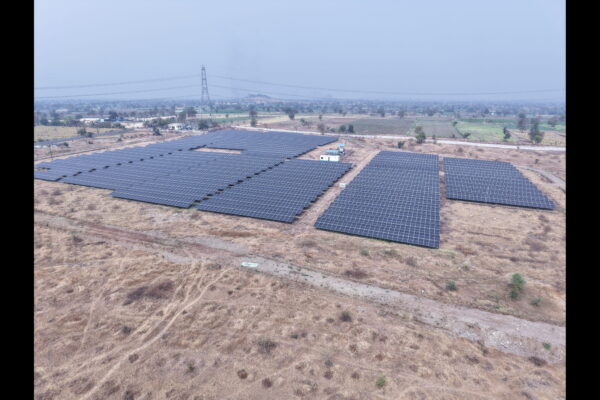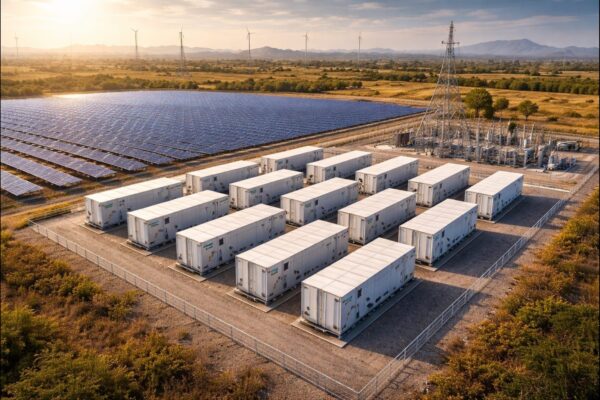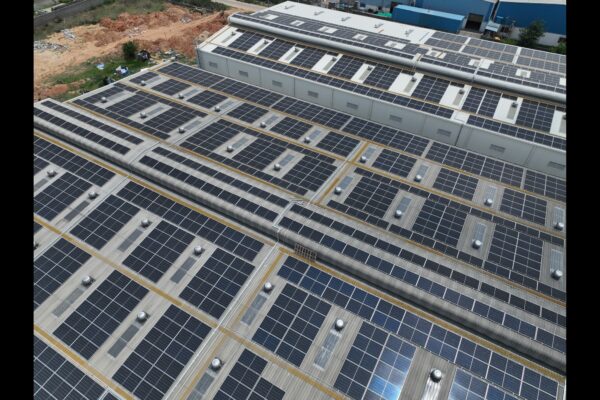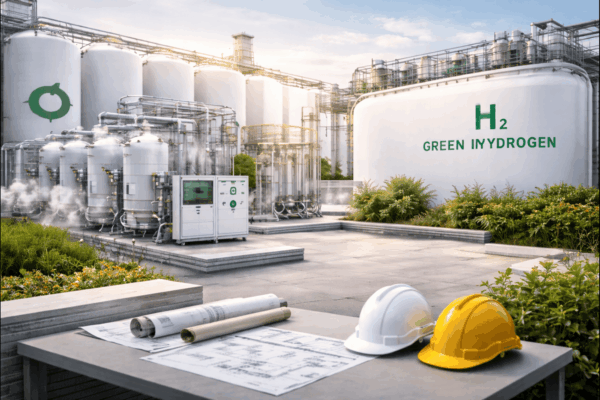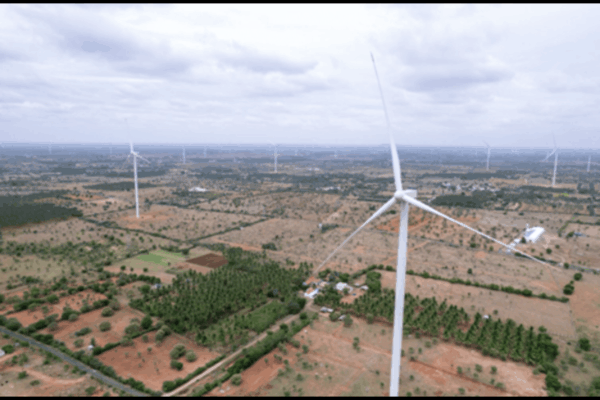Methanol: A game-changer in driving India’s energy transition
by Prakriti Sethi, Chief India Representative, Methanol Institute
As the “World Environment Day” has entered its 50th year, the world marked this historic day with the first original theme “Only One Earth”. The event focused on living sustainably in harmony with nature and transforming the economies to make them inclusive, fair and greener. This occasion has given thrust to advance the actions on promoting sustainable solutions. Today, we look at how methanol can be a promising solution and game-changer for India in its path to energy independence and transition to a low carbon economy.
Methanol, which has been on the government's agenda since 2016, is a strategic product that presents an opportunity for India to achieve the 2070 net-zero vision and ensure energy security. Methanol has a long history as a fuel in road transport. It is a versatile, affordable alternative transportation fuel due to its efficient combustion, ease of distribution, and wide availability around the globe. It is utilized in gasoline blends in different countries of the world from low (3-5%), mid (15-30%), and high (50-100%) blending percentages. It is also a substitute for diesel in heavy-duty vehicles (HDVs). The foundation for methanol fuel vehicles in India has been set with the introduction of M15 standards by the Bureau of Indian Standards (BIS) in 2018. Indian Oil recently rolled out M15 pilot – 15% blend of methanol with petrol in the Tinsukia district of Assam in a bid to provide respite from the rising energy prices and ensure energy independence. The largest domestic methanol manufacturer Assam Petrochemicals (APL) is supporting the supply of methanol in the project.
In the maritime industry, the combustion of methanol on ocean-going vessels complies with the International Maritime Organization (IMO) 2020 regulations by providing a significant reduction in emission of sulfur oxides (SOx), nitrogen oxides (NOx), and particulate matter. Methanol produced from renewable feedstocks reduces CO2 by up to 95% and NOx by up to 80% and eliminates SOx and PM emissions thereby providing a pathway to the shipping industry to lower GHG emissions. Methanol requires relatively little modifications to existing bunkering infrastructure as it is liquid at ambient temperature and pressure like conventional bunker fuels.
Methanol is an excellent hydrogen carrier. It can be easily handled, stored, and transported by leveraging existing infrastructure. Methanol enables the immediate adoption of hydrogen as an energy vector as capital-intensive infrastructure will not have to be constructed for the storage and transport of hydrogen. This ensures a cost-effective roadmap towards increased hydrogen utilization in India. Methanol fuel cells (MFCs) are utilized to produce clean and efficient electricity. Fuel cells provide power for applications like telecom towers, construction sites, or ocean buoys. Fuel cells can be integrated with vehicles to electrify mobility applications. Fuel cells can effectively power construction equipment such as excavators, cranes, or bulldozers. Fuel cells provide a reliable off-grid power supply for mobile towers and radio systems. They are also used as backup power in industrial and residential buildings. MFCs have been deployed by the Indian Army for a long time to support backup power generation in remote regions for the basic field electrification of the military posts, battery charging of surveillance systems, vehicles, communication devices, sensors, etc.
Methanol fuel can play a vital role in protecting end-users by improving indoor air quality in households and kitchens as a cooking fuel in industrial and residential kitchens. Most significantly, it is a cost-efficient fuel for developing-country households seeking to convert to cleaner cooking alternatives. To promote clean cooking initiatives, the state government of Assam along with Assam Petro-Chemicals (APL) launched the Methanol Cooking Fuel Program to roll out methanol cookstoves to APL colony residents. Additionally, methanol is commonly used as a fuel for industrial boilers to generate heat and steam in the processes of manufacturing, food production, pharmaceutical production, and heating industrial as well as residential buildings.
India has access to a wide range of cost-efficient feedstocks for methanol production, the country is also not unfamiliar with the technologies to produce and utilize methanol. There is also political will within the government to develop a domestic methanol economy that was envisioned in 2016. However, as with all countries pursuing energy transition, public policy is crucial in sending strong and decisive signals to the private sector to participate in the country’s energy transition. The support from the government can extend towards methanol’s role as the preferred fuel in India. Policy interventions to encourage the role of low carbon fuels like methanol would strengthen the country’s energy security and offer India a viable and practical alternative fuel that can be produced with indigenous resources. Investments in dedicated pilot demonstration of methanol technologies with the inclusion of the private sector could enhance the scale-up of the methanol projects. These investments would go a long way to enhance livelihoods and provide economic opportunities. Additionally, India can work on stimulating demand for methanol to incentivize future producers of methanol to set up production facilities in India. It is imperative to bolster the country's efforts to expand its portfolio of sustainable energy and alternative fuels. This will be an opportunity for the government to design policy instruments and provide monetary support to create an ecosystem with a level playing field for alternative fuels that can play a pivotal role in the country's energy transition.
Methanol utilization continues to grow rapidly across a diverse range of applications. Methanol can support the powering of different industries and sectors of the economy. Methanol is strategic to India's efforts to be more self-sustaining and contributes to the spirit of Atmanirbhar Bharat with the development of a new domestic industry that will create more economic opportunities within the country. It will support the government in achieving a future energy landscape that is self-sufficient and sustainable for India.



